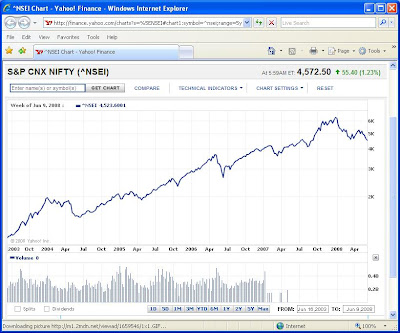Alan Greenspan, The Age of turbulence
Chosen extracts Discomfort index = unemployement rate + inflation rate 1971. Nixon announces wage and price controls to cure inflation 1975. Ford deregulation as advised by the Chicago School (Milton Friedman and al) " Deregulation greatly increased the economy's flexibility and resilience " 1979. Fed Chairman Volcker decides to clamp down on the amount of money available in the economy in order to reduce inflation. This caused economic misery - severe recession - but after 3 years, inflation was fully in check 1990. GDP replaces GNP as standard measure of aggregate output. 1991. Fall of the USSR . Chaos -> End of price control -> Hyperinflation -> Massive privatization -> Oligarch rule "Forced to make the shift overnight, the soviets achieved not a free-market system but a black-market one." Dutch disease . In 1970, natural gas was discovered in the Netherlands. Foreign demand for gas exports drove the price of the currency up, making all other e...
